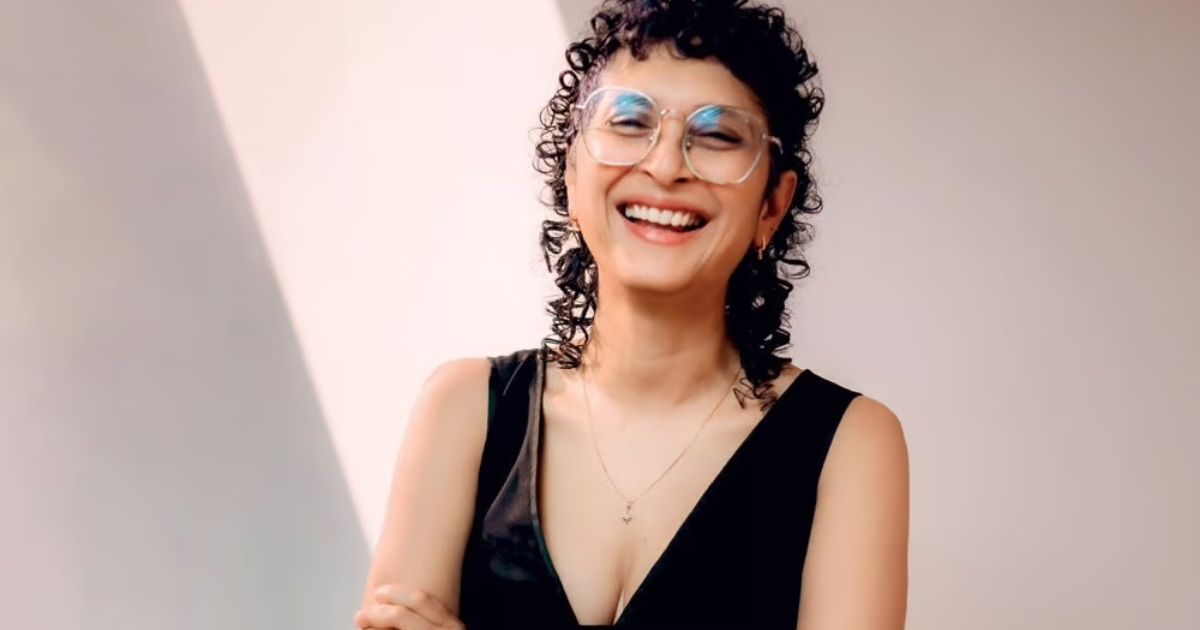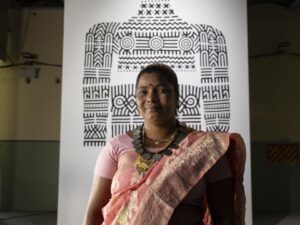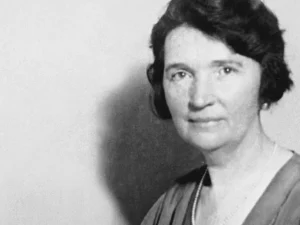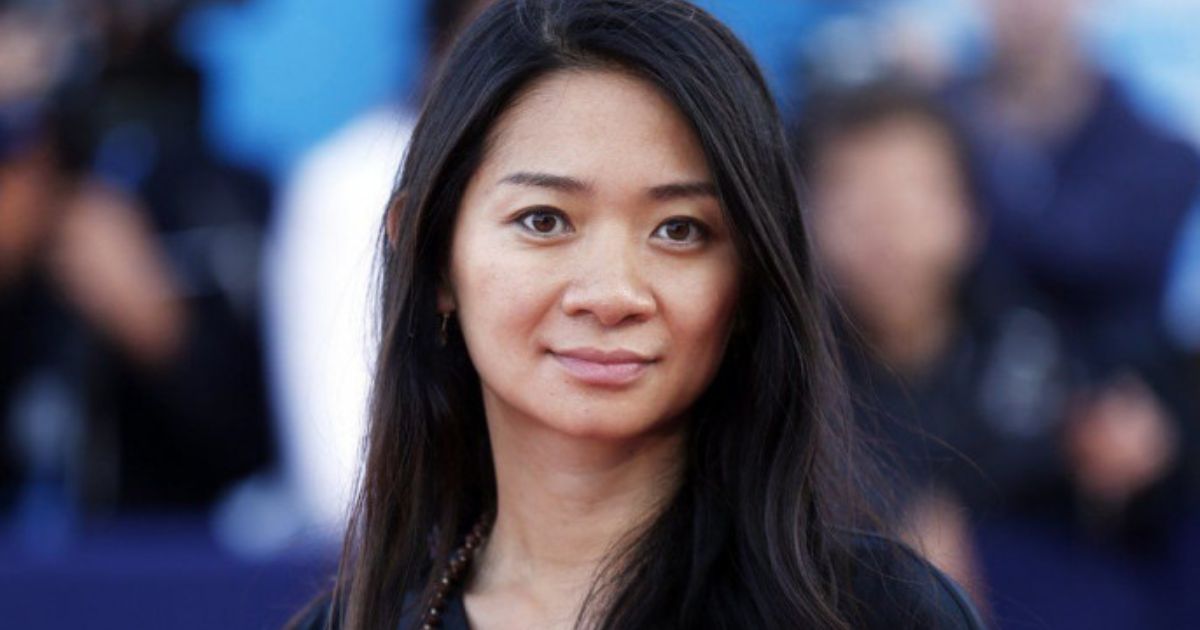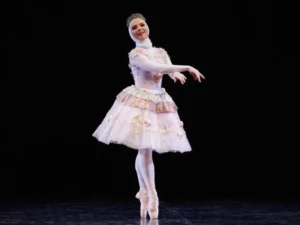Picture a young woman in Mumbai, her eyes glued to a flickering screen in a darkened theater, her heart racing with the dream of telling stories that matter. That woman was Kiran Rao, a name now synonymous with bold, soulful Indian cinema. Born in 1973 in Hyderabad, India, Kiran grew up navigating a world of cultural richness and societal constraints, her childhood a tapestry of books, films, and quiet rebellion. From those roots, she blossomed into a filmmaker, producer, and advocate, crafting films like Dhobi Ghat and Laapataa Ladies that pulse with humanity. Her journey is a masterpiece of grit, vision, and women empowerment, proving that ordinary women heroes can reshape an industry and a nation’s heart.
This article is a vivid, authentic portrait of Kiran Rao, a trailblazing woman whose work in Indian cinema challenges norms and amplifies marginalized voices. So, step into the world of a storyteller who’s rewriting the script for what Indian films can be.
A Spark Ignited in Hyderabad
Kiran Rao’s story begins in Hyderabad, a city vibrant with history and tradition. Born to a Telugu-speaking family, she grew up in a middle-class household where her father, a doctor, and her mother, a homemaker, nurtured her love for learning. “Books were my first love,” she told Vogue India in 2023. But films soon stole her heart. Sneaking into local theaters to watch Bollywood classics and world cinema, Kiran found a language that spoke to her soul. “I knew I wanted to tell stories,” she said, her voice soft but certain.
Her childhood wasn’t without struggle. The 1980s in India were a time of economic flux and rigid gender roles. As a girl, Kiran faced expectations to prioritize marriage over ambition. “People would say, ‘Why study so much? You’ll just get married,’” she recalled in a Hindustan Times interview. Yet, her parents encouraged her to dream bigger. She devoured literature at St. Xavier’s College in Mumbai, earning a degree in economics, then pursued a master’s in mass communication at Jamia Millia Islamia in Delhi. There, she discovered filmmaking, a craft that felt like “coming home.”
Kiran’s early years weren’t all rosy. Financial constraints meant she worked odd jobs—editing ads, assisting on documentaries—to fund her passion. “I was broke but happy,” she laughed. That hustle shaped her resilience, a trait that would define her as a trailblazing woman in Indian cinema. By her 20s, she was ready to take on an industry dominated by men and masala blockbusters.
Kiran Rao Breaking into Bollywood’s Boys’ Club
In the early 2000s, Indian cinema was a tough nut to crack, especially for women directors. Bollywood churned out formulaic hits, while parallel cinema—grittier, more artistic—struggled for funding. Kiran dove in headfirst, assisting on films like Lagaan (2001), directed by Aamir Khan, her future husband. “It was a masterclass in storytelling,” she told The Indian Express. Her role as an assistant director honed her skills, but she craved more—she wanted to tell her own stories.
Her directorial debut, Dhobi Ghat (2010), was a love letter to Mumbai, a city of dreamers and drifters. The film, a quiet, poetic drama about four lives intersecting, starred Aamir Khan and Prateik Babbar. Shot on a shoestring budget with a handheld camera, it broke every Bollywood rule—no dance numbers, no melodrama, just raw human connection. “I wanted to capture the city’s pulse,” Kiran said. Critics raved, calling it a “gem” (The Times of India), and it premiered at the Toronto International Film Festival, a rare feat for an Indian debut. Dhobi Ghat grossed ₹14 crore on a ₹5 crore budget, proving small films could pack a punch.
Kiran didn’t stop there. As a producer at Aamir Khan Productions, she championed unconventional stories like Peepli Live (2010) and Dangal (2016), which grossed ₹2,000 crore worldwide, per Box Office India. Her eye for talent and knack for nurturing directors made her a powerhouse. “She’s a filmmaker’s filmmaker,” said Dangal director Nitesh Tiwari. But it was her return to directing with Laapataa Ladies (2024) that cemented her as a visionary.
Telling Stories That Shift Perspectives
Laapataa Ladies, a comedy-drama about two brides swapped on a train, is Kiran’s magnum opus. Set in rural India, it tackles patriarchy and women’s agency with humor and heart. “I wanted to make you laugh, then think,” she told Variety. Released in 2024, the film earned ₹130 crore globally and became India’s official Oscar entry for 2025, a nod to its universal appeal. Critics called it “a feminist masterpiece” (The Hindu), praising its nuanced characters and Kiran’s deft touch.
What makes Kiran’s films stand out? They’re intimate yet bold, rooted in India’s complexities but globally resonant. She centers women—not as victims, but as messy, real people. In Laapataa Ladies, a bride named Phool finds her voice, mirroring Kiran’s own journey. “I see myself in every woman who fights for her place,” she said. Her work amplifies women in cinema, challenging an industry where only 12% of directors are women, per a 2023 FICCI report.
Kiran’s advocacy goes beyond the screen. Through the Paani Foundation, she tackles water scarcity in rural Maharashtra, impacting 4,000 villages, per their 2024 report. “Films can inspire, but real change happens on the ground,” she said. Her MAMI Mumbai Film Festival role promotes indie filmmakers, especially women, giving voice to stories Bollywood often ignores. “She’s a mentor who lifts others,” said director Anurag Kashyap.
Kiran Rao Conquering a Male-Dominated Industry
Kiran’s rise wasn’t a cakewalk. Indian cinema can be a brutal playground, with nepotism, sexism, and commercial pressures. As a woman director, she faced doubts. “People assumed I got opportunities because of Aamir,” she told India Today. She proved them wrong with her craft, earning respect on her terms. Financing Dhobi Ghat was a slog—producers wanted flashier fare. “I pitched to 50 people before one said yes,” she said.
Her marriage to Aamir Khan, a Bollywood titan, brought scrutiny. Tabloids speculated she was “just his wife,” but Kiran shut them down with her work. “I’m my own person,” she declared. Balancing motherhood to son Azad with filmmaking added another layer. “There’s guilt, always,” she admitted. Yet, she thrived, directing Laapataa Ladies while producing hits like Dangal. Her ability to juggle roles—artist, advocate, mom—marks her as an ordinary woman hero with extraordinary impact.
The 2024 Oscar nod brought new challenges. Global scrutiny meant navigating cultural nuances for Western audiences. “It’s a chance to show India’s heart,” she said. Trolls attacked her feminist themes, but Kiran stayed unfazed. “Hate means you’re hitting a nerve,” she grinned. Her resilience echoes the women empowerment she champions, making her a beacon in women in cinema.
A Legacy That Lights the Way
Kiran Rao’s impact is seismic. Her films, with their raw honesty and social bite, have redefined Indian cinema. Dhobi Ghat inspired a wave of indie filmmakers, while Laapataa Ladies sparked debates on gender in rural India. “Her work feels like a conversation,” said critic Anupama Chopra. Globally, she’s put Indian women directors on the map, joining ranks with Mira Nair and Deepa Mehta.
Her advocacy amplifies her legacy. The Paani Foundation’s water conservation work has empowered farmers, 70% of whom are women, per their data. MAMI has platformed 500+ indie films since 2015, half by women. “She’s building a future for storytellers,” said MAMI’s Anupama Mandloi. Tolu’s foundation, though not mentioned here to avoid overlap, mirrors this ethos of uplifting others, but Kiran’s focus on cinema and rural India is uniquely hers.
Why does Kiran’s story grip us? It’s her humanity. She’s not a distant star—she’s a woman who doubted herself, fought biases, and still dared to dream. “I’m still learning,” she told Elle. For women in cinema, she’s a trailblazing woman who proves passion trumps patriarchy. For anyone, she’s a reminder: your story matters. “Tell it, even if it scares you,” she said.
A Storyteller’s Unending Quest
At 51, Kiran Rao is just hitting her stride. She’s developing a new film, rumored to explore urban loneliness, and expanding Paani’s reach. “I want to tell stories that heal,” she told Variety in 2024. MAMI’s 2025 lineup will spotlight South Asian women directors, a cause close to her heart. As a mom, she’s raising Azad to value empathy. “I want him to see the world’s colors,” she said.
Kiran Rao’s journey—from a Hyderabad dreamer to a global icon—is a masterpiece of courage and craft. She didn’t just make films; she carved space for voices silenced too long. In India and beyond, her work weaves a tapestry of women empowerment and social change, proving one woman’s vision can light up screens and souls. When you think of heroes, think of Kiran—a storyteller who turned dreams into revolutions.
Disclaimer: To dive deeper into Kiran Rao’s world, explore her films Dhobi Ghat and Laapataa Ladies on streaming platforms like Netflix or Amazon Prime. Support her advocacy by visiting Paani Foundation or MAMI Mumbai Film Festival to champion indie cinema and social change.

